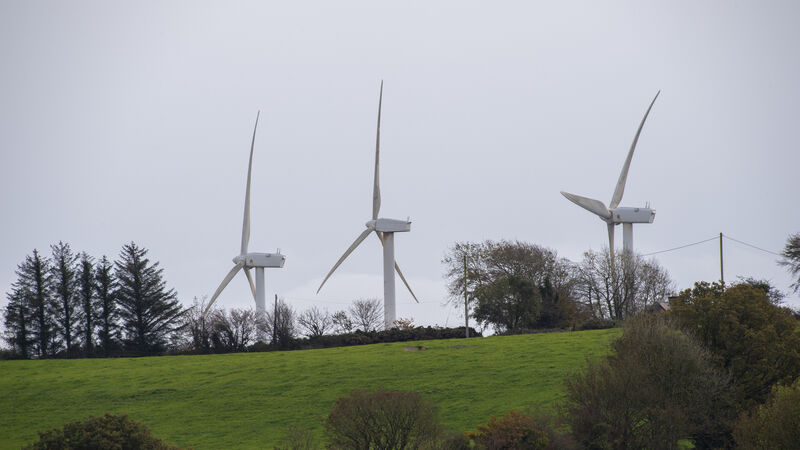Farm Legal Advice: The law on wind farms and their impact on homes

In cases where the wind farm is comprised of five or more turbines or exceeds a maximum output of five megawatts, an Environmental Impact Statement is required. File Picture Dan Linehan
With pressure mounting to find more sustainable sources of energy, wind farms have become increasingly popular. However, what about the effects they have on those who live in close proximity to them? Recently, a French court made a ground-breaking ruling in which the adverse health effects that wind turbines can have on residents were recognised.
The decision was made in an appeal brought by a Belgian couple who claimed that wind turbines, located 700 metres from their home, were causing them to experience symptoms such as headaches, dizziness, heart irregularities and depression. In their judgement, the court recognised “turbine syndrome”, a phenomenon that has become more and more common in those who live close to wind farms. The couple described how the noise and flashing lights emitted from the turbines caused their health to decline, and upon moving away from the area, their symptoms mysteriously disappeared.










